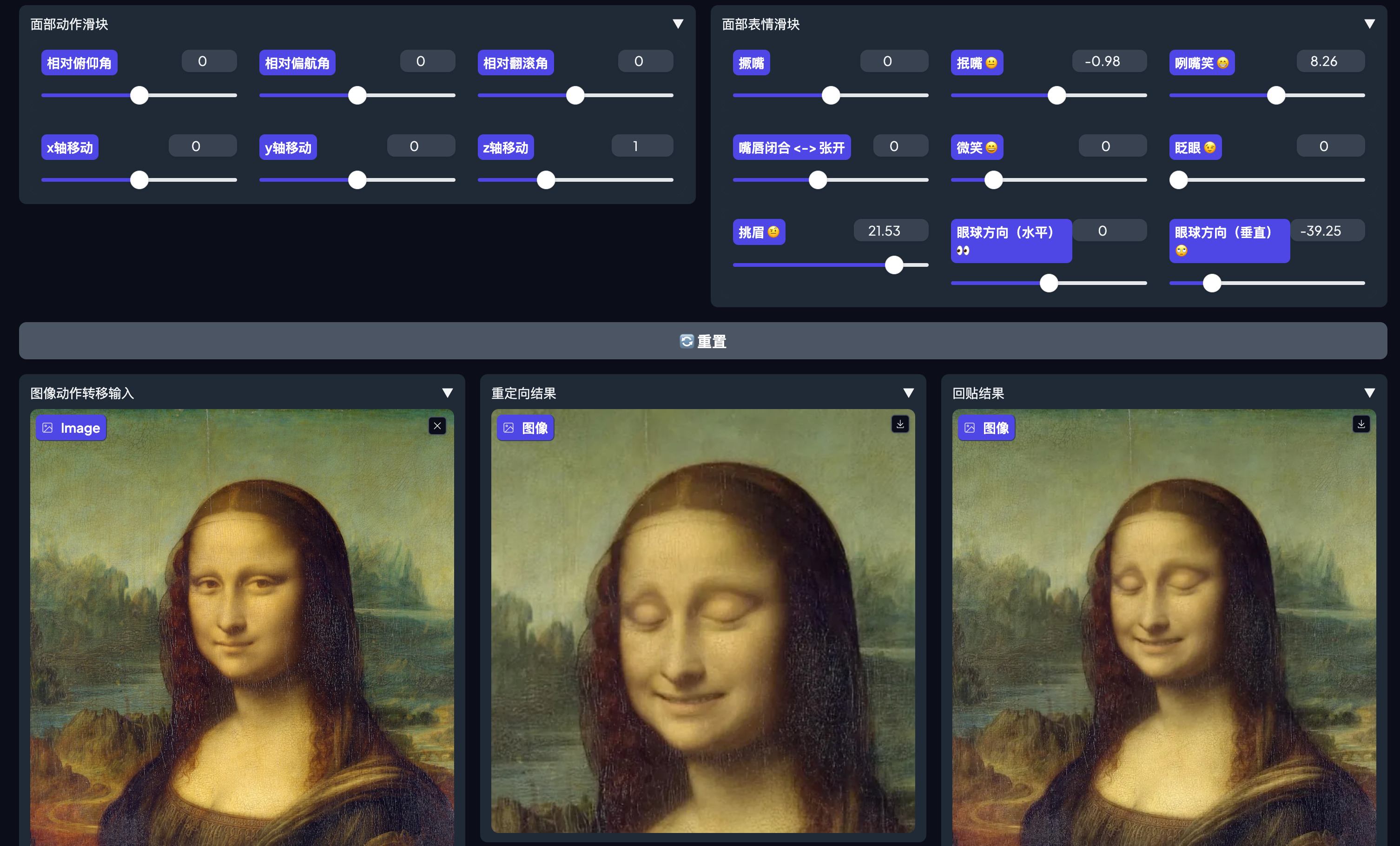在luajit的pmain函数中,在执行命令行输入的参数之前,会执行如下函数:
luaL_openlibs(L);该函数位于lib_init.c中,实现如下:
LUALIB_API void luaL_openlibs(lua_State *L)
{const luaL_Reg *lib;for (lib = lj_lib_load; lib->func; lib++) {lua_pushcfunction(L, lib->func);lua_pushstring(L, lib->name);lua_call(L, 1, 0);}luaL_findtable(L, LUA_REGISTRYINDEX, "_PRELOAD",sizeof(lj_lib_preload)/sizeof(lj_lib_preload[0])-1);for (lib = lj_lib_preload; lib->func; lib++) {lua_pushcfunction(L, lib->func);lua_setfield(L, -2, lib->name);}lua_pop(L, 1);
}
它通过编遍历lj_lib_load,加载所有的库函数,lj_lib_load定义如下:
static const luaL_Reg lj_lib_load[] = {{ "", luaopen_base },{ LUA_LOADLIBNAME, luaopen_package },{ LUA_TABLIBNAME, luaopen_table },{ LUA_IOLIBNAME, luaopen_io },{ LUA_OSLIBNAME, luaopen_os },{ LUA_STRLIBNAME, luaopen_string },{ LUA_MATHLIBNAME, luaopen_math },{ LUA_DBLIBNAME, luaopen_debug },{ LUA_BITLIBNAME, luaopen_bit },{ LUA_JITLIBNAME, luaopen_jit },{ LUA_FFILIBNAME, luaopen_ffi },{ NULL, NULL }
};
这里定义了luajit中的库函数类型,第二个参数是定义的C函数,以luaopen_base为例,定义如下,位于lib_base.c中:
LUALIB_API int luaopen_base(lua_State *L)
{/* NOBARRIER: Table and value are the same. */GCtab *env = tabref(L->env);settabV(L, lj_tab_setstr(L, env, lj_str_newlit(L, "_G")), env);lua_pushliteral(L, LUA_VERSION); /* top-3. */newproxy_weaktable(L); /* top-2. */LJ_LIB_REG(L, "_G", base);LJ_LIB_REG(L, LUA_COLIBNAME, coroutine);return 2;
}
其中有一个宏定义 LJ_LIB_REG 用于注册库函数,宏定义如下:
#define LJ_LIB_REG(L, regname, name) \lj_lib_register(L, regname, lj_lib_init_##name, lj_lib_cf_##name)从函数名即可看出是注册函数用,lj_lib_register位于lj_lib.c中,实现如下:
void lj_lib_register(lua_State *L, const char *libname,const uint8_t *p, const lua_CFunction *cf)
{GCtab *env = tabref(L->env);GCfunc *ofn = NULL;int ffid = *p++;BCIns *bcff = &L2GG(L)->bcff[*p++];GCtab *tab = lib_create_table(L, libname, *p++);ptrdiff_t tpos = L->top - L->base;/* Avoid barriers further down. */lj_gc_anybarriert(L, tab);tab->nomm = 0;for (;;) {uint32_t tag = *p++;MSize len = tag & LIBINIT_LENMASK;tag &= LIBINIT_TAGMASK;if (tag != LIBINIT_STRING) {const char *name;MSize nuv = (MSize)(L->top - L->base - tpos);GCfunc *fn = lj_func_newC(L, nuv, env);if (nuv) {L->top = L->base + tpos;memcpy(fn->c.upvalue, L->top, sizeof(TValue)*nuv);}fn->c.ffid = (uint8_t)(ffid++);name = (const char *)p;p += len;if (tag == LIBINIT_CF)setmref(fn->c.pc, &G(L)->bc_cfunc_int);elsesetmref(fn->c.pc, bcff++);if (tag == LIBINIT_ASM_)fn->c.f = ofn->c.f; /* Copy handler from previous function. */elsefn->c.f = *cf++; /* Get cf or handler from C function table. */if (len) {/* NOBARRIER: See above for common barrier. */setfuncV(L, lj_tab_setstr(L, tab, lj_str_new(L, name, len)), fn);}ofn = fn;} else {switch (tag | len) {case LIBINIT_LUA:p = lib_read_lfunc(L, p, tab);break;case LIBINIT_SET:L->top -= 2;if (tvisstr(L->top+1) && strV(L->top+1)->len == 0)env = tabV(L->top);else /* NOBARRIER: See above for common barrier. */copyTV(L, lj_tab_set(L, tab, L->top+1), L->top);break;case LIBINIT_NUMBER:memcpy(&L->top->n, p, sizeof(double));L->top++;p += sizeof(double);break;case LIBINIT_COPY:copyTV(L, L->top, L->top - *p++);L->top++;break;case LIBINIT_LASTCL:setfuncV(L, L->top++, ofn);break;case LIBINIT_FFID:ffid++;break;case LIBINIT_END:return;default:setstrV(L, L->top++, lj_str_new(L, (const char *)p, len));p += len;break;}}}
}其中下面这句:
switch (tag | len) {case LIBINIT_LUA:p = lib_read_lfunc(L, p, tab);break;当是一个LUA的库函数时,使用lib_read_lfunc函数读取,即预编译的那么几个库函数,lib_read_lfunc函数实现如下:
static const uint8_t *lib_read_lfunc(lua_State *L, const uint8_t *p, GCtab *tab)
{int len = *p++;GCstr *name = lj_str_new(L, (const char *)p, len);LexState ls;GCproto *pt;GCfunc *fn;memset(&ls, 0, sizeof(ls));ls.L = L;ls.p = (const char *)(p+len);ls.pe = (const char *)~(uintptr_t)0;ls.c = -1;ls.level = (BCDUMP_F_STRIP|(LJ_BE*BCDUMP_F_BE));ls.chunkname = name;pt = lj_bcread_proto(&ls);pt->firstline = ~(BCLine)0;fn = lj_func_newL_empty(L, pt, tabref(L->env));/* NOBARRIER: See below for common barrier. */setfuncV(L, lj_tab_setstr(L, tab, name), fn);return (const uint8_t *)ls.p;
}
可以看到,该函数通过调用lj_bcread_proto读取luajit字节码的原型数据,接着使用原型创建一个新函数,然后保存该函数变量






